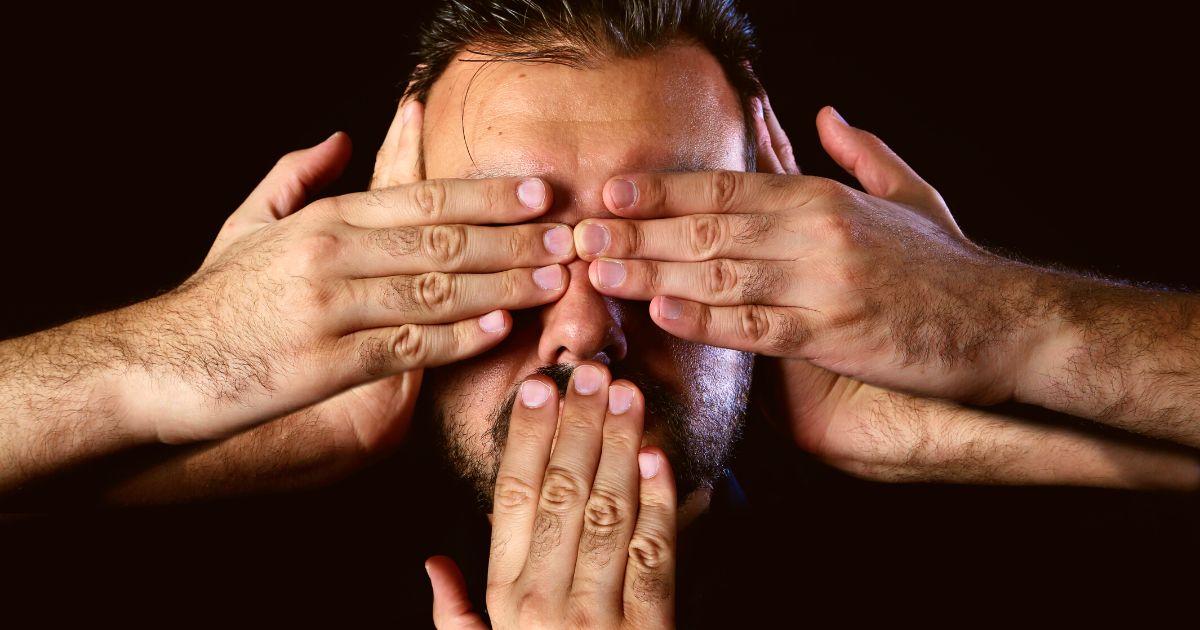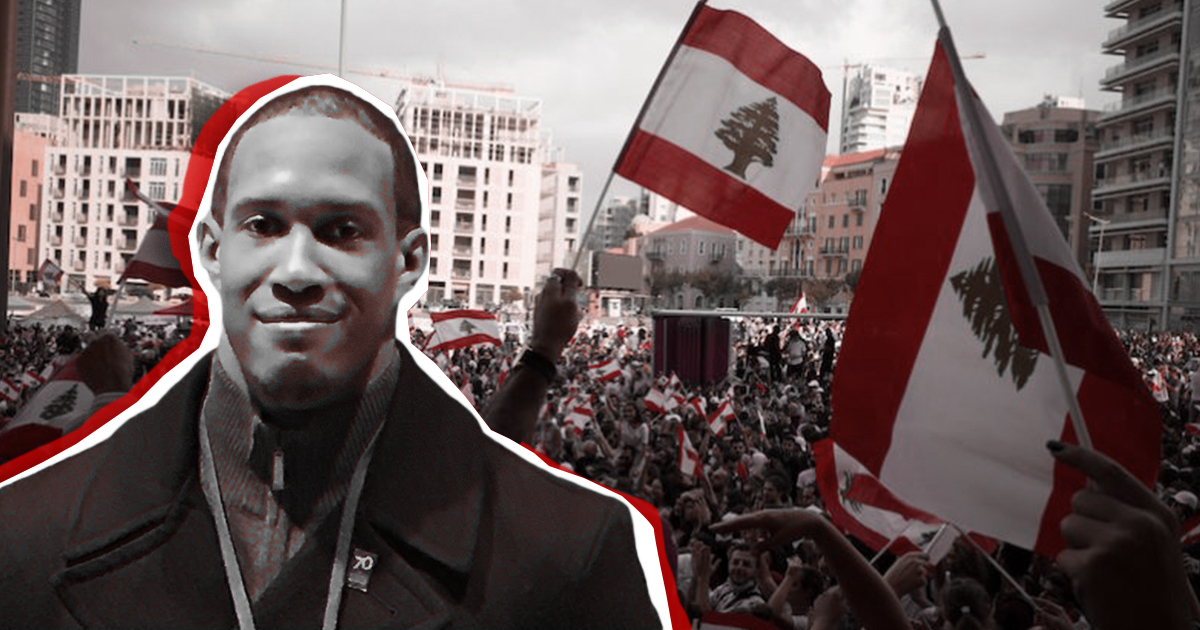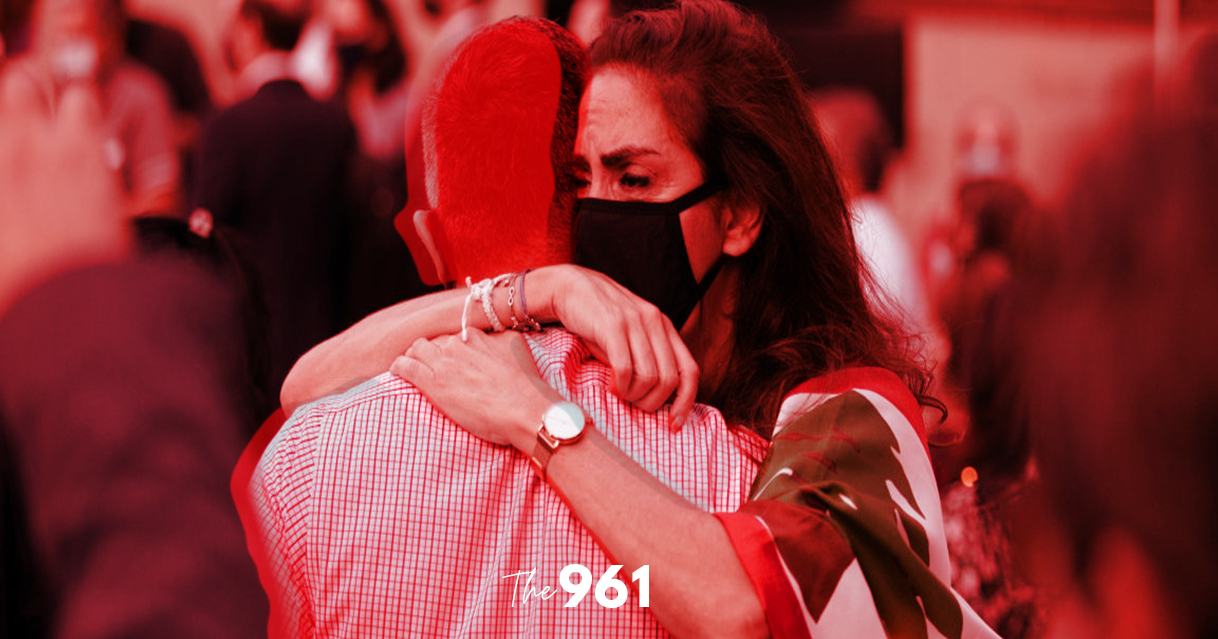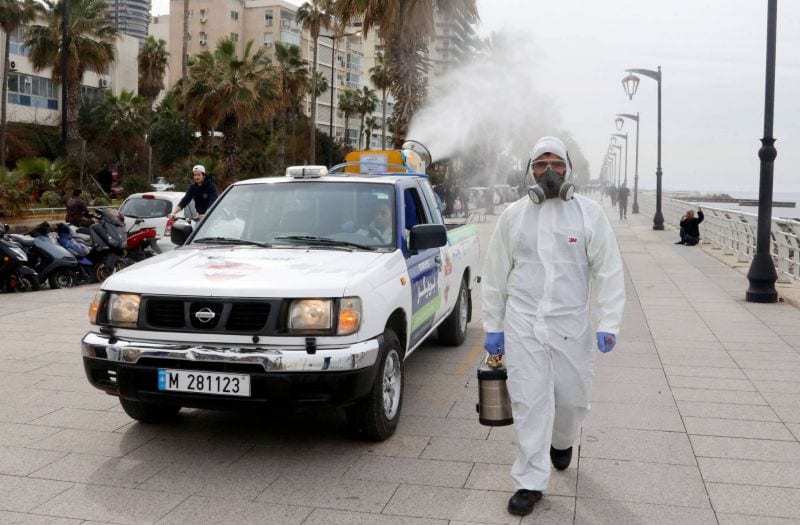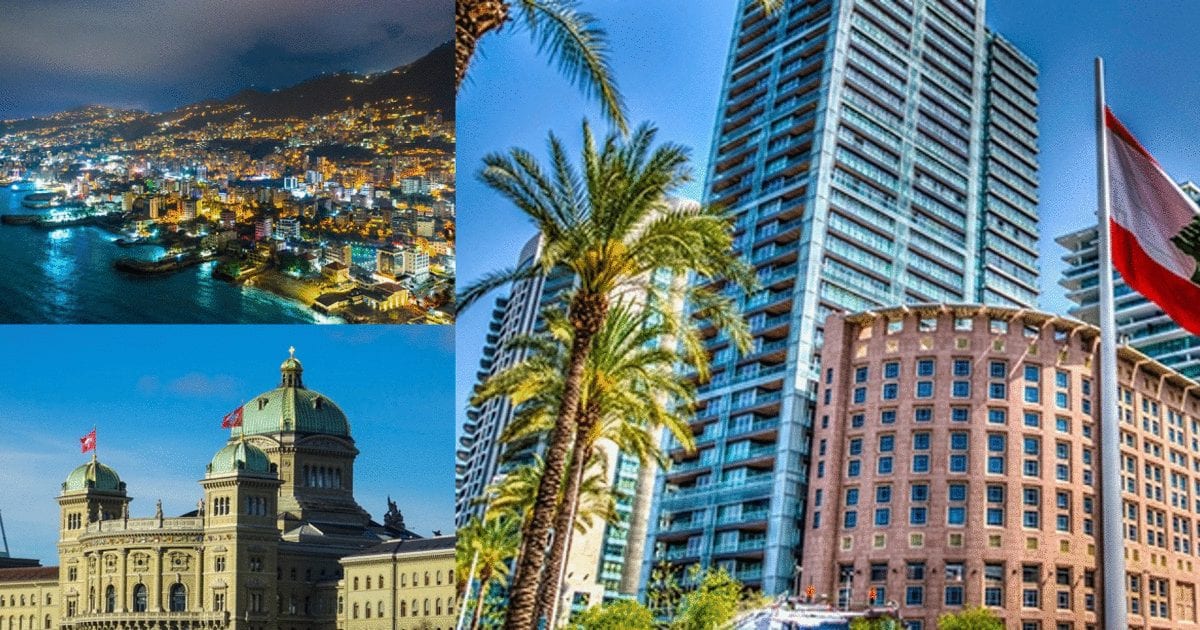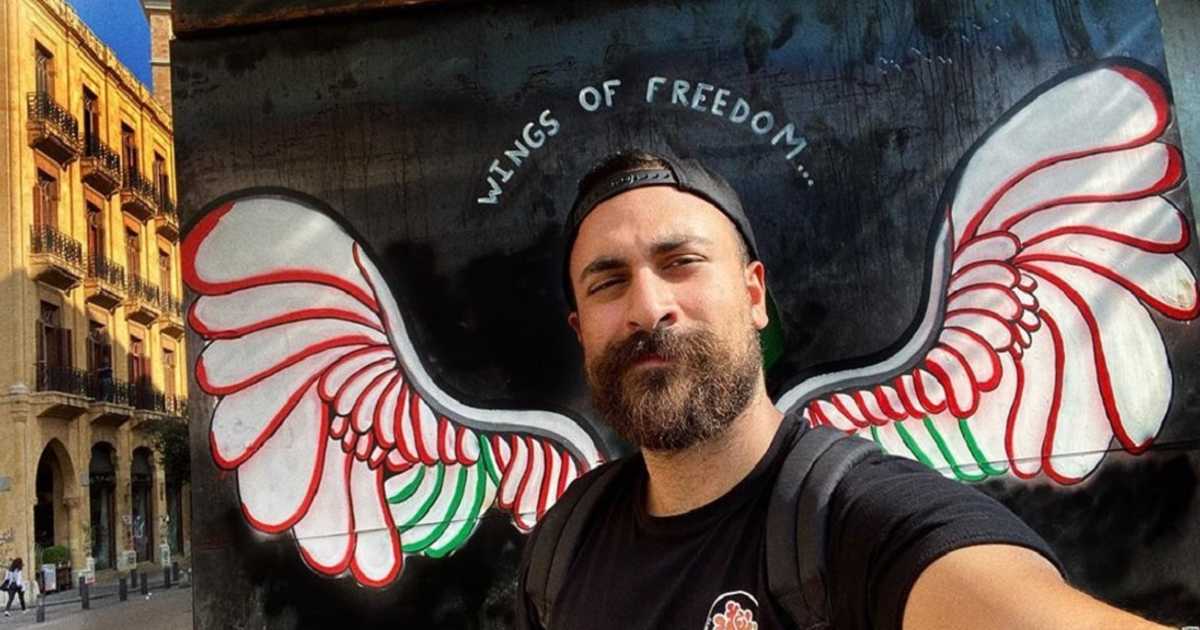Through the bigger lens of gains and losses, the 2018 elections provided near-similar results but underlined a colossal change to the face of Lebanese politics, despite a low turnout.
Contributed by Serge FaddoulMAY 10, 2018 – After nine years of stagnant political disorder, mainly due to pervasive corruption, Lebanon elects a new parliament under the new – and less corrupted – proportional electoral system. Following months of planning and a rough overnight throughout all electoral districts, results were finally announced by the Minister of Interior, Nouhad Al-Machnouk, revealing some similarity in numbers to those of 2009 yet bringing about extensive revelations.
Here are the real winners and losers of this election:WINNERS
This election was a considerable achievement for the Lebanese Christians. Here is why:
- The Lebanese Forces, a major Christian party, was misrepresented under the previous system – usually holding around 8, or 12.5%, out of the 64 Christian seats, a number that greatly underestimates their legitimate proportion of partisans. Under the new law, however, they were able to double their representation, securing an impressive 16, or 25%, out of the 64.
- The Free Patriotic Movement, regrouping its allies under the newly mounted “Loubnan al Kawi” bloc, reaffirmed its presence as the most prominent Christian group, weighing in with 29 seats, all while refusing to deliver the selection of its Christian candidates into Muslim or other parties’ hands.
- The Marada Movement successfully secured 4 seats (including 1 independent), proving themselves as a standing Christian force in North Lebanon, regardless of their separation from the Free Patriotic Movement.
- Traditional Christian candidates or parties that used to win seats by the backing of massive Muslim voters did not find fruition under the new law, thus either completely disappearing from the parliament or forming negligible minorities.
- Christians were able to make a difference by electing candidates they genuinely preferred, even in predominantly Muslim districts (e.g. Edgard Traboulsi in Beirut II for FPM, Antoine Habchi in Baalbek-Hermel for LF, and more).
Overall, the Lebanese Christian voice has been empowered in these elections, by slowly eliminating minor political Christian groups and increasing the centralization of Christian power, as well as truly exercising their power to elect their own preferred candidates.
The election is also a triumph for Muslims. Here is why:
- It is clear that Hezbollah and its partner, the Amal Movement, have dealt a huge blow to both their southern and western opponents, by securing a remarkable 29 seats combined, proving themselves as sole representatives of the Lebanese Shia community and reaffirming their power to their rivals.
- Under the new law, Sunnis gained the genuine power to elect their preferred candidates, throughout all districts – a power that was hypothetical under the previous law, where almost all the Sunni seats were held under the Future Movement’s umbrella. Now, new Sunni parties have emerged as substantial powers, disrupting the groupthink, and creating new political opportunities.
Overall, Muslims have righteously popped all bubbles of illusion and elected their rightfully desired candidates, gaining both in freedom of choice and power of change. LOSERSThough some losers of this election are easier to note, some that were disadvantaged will obviously be neglected. Here are the major ones:
- Future Movement. Although the party still won the majority of Sunni votes, it lost reasonable ground and decreased its number by a third. However, I believe that its leader and de-facto PM Saad Hariri should be happy with the results, and should hail the noticeable increase in the effect of democracy.
- Kataeb Party. A traditional and once a revolutionary Christian favorite, the Kataeb Party has confirmed once again its fall from grace with the Christian population, losing massive ground and reducing their size to three deputies (not including independents), decreasing their chance of revival.
- Traditionalists. Traditional government members such as Boutros Harb, Ashraf Rifi, Michel Pharaon and others, may have met their end in political affairs, reflecting a change in popular belief on traditional politicians and a movement towards a more modern political spectrum.
- Women. Although the 2018 elections brought a massive increase in female candidates (86 for 128 seats), it only provided a minimal increase in female MPs (6 total elected), which is no way near the desired quota, and women will need to agitate and move with greater force in order to ensure a legitimate quota in the next elections.
- Non-voters. The new law is imperfect and has yet to be perfected, but those who did not exercise their right to vote have lost the most. With the options of voting against the prominent parties or voting blank, they would have channelled their opinions, whereas by not voting, they forfeited the chance to do so, and might not regain it until the next elections.
CONCLUSIONIn an overview, all the Lebanese should consider themselves winners to a certain extent; for the first time, the representation of candidates was more proportionately accurate, compared to the real distribution of political partisans. Most importantly, and for the first time, every single Lebanese vote weighed its difference; hence, democracy regained part of the space that corruption had stolen. Resonating optimistically, this election has provided Lebanon with an additional breath, increasing its chances of survival in its strategically dangerous position.

